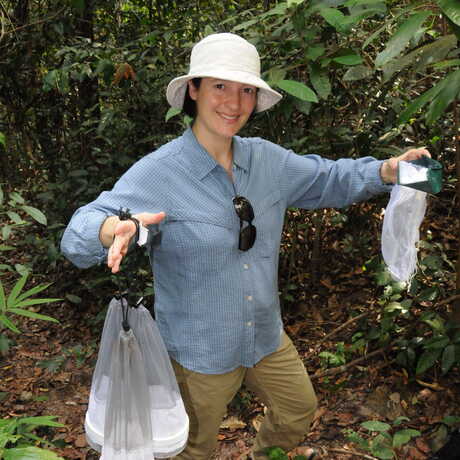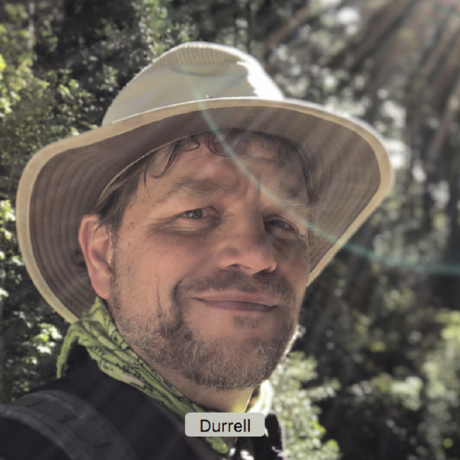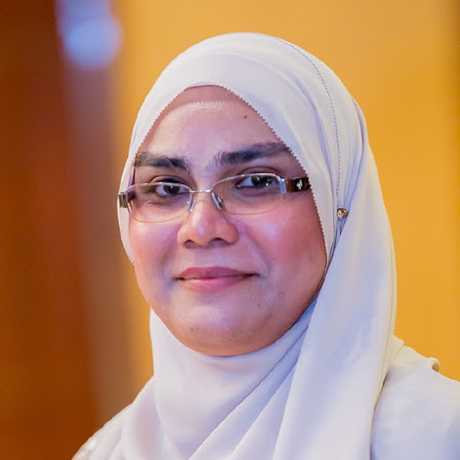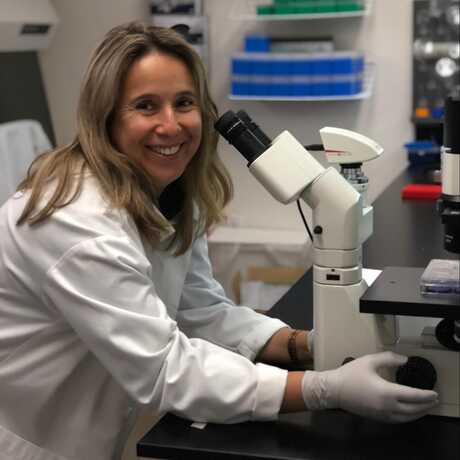Dr. Bennett is the Chief of Science and Harry and Diana Hind Dean of Research and Collections. She was the Academy's first ever Associate Curator of Microbiology, helping broaden the Academy’s research scope to include a dedicated focus on viruses and bacteria. Her specialty lies in infectious diseases that can be transmitted from animals to humans.
To understand and help sustain our biodiverse planet, my lab at the California Academy of Sciences engages in transdisciplinary scienceto seek solutions to challenges from conservation to emerging infectious disease to forest resilience in a changing climate. I work in close collaboration with several groups at the Academy including the MicroLife lab as well as Entomology, the Center for Comparative Genomics and Ornithology and Mammalogy.
Dr. Nur Faeza Abu Kassim is a medical entomologist that specializing in mosquito role of transmitting mosquito-borne diseases. Her work focuses on the biology, ecology, genetics and control of vector mosquitoes. The main research interest is on vector mosquitoes and its role/relation into epidemiology of disease transmission, mosquito-microbiome and novel mosquito control strategies such as sugar bait technology and odor mediated nectar-foraging for mosquito-borne diseases particularly from flavivirus group.
Claudia Rocha is a Lab and Collection Manager for the Microbiology Department. She also manages the Ichthyology Tissue Collection where researchers around the world can request genetic samples as loans to answer questions on evolution, ecology, biodiversity and even climate change. One of her research focuses is on coral reef fishes, primarily on discovering viruses in coral reef fishes at different ecosystems. Her last publications are descriptions of new species of fish.



